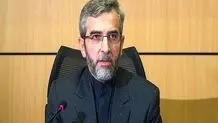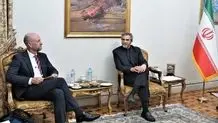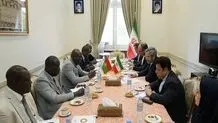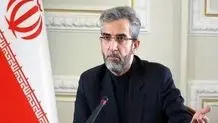Deputy FM:
Iran’s neighborly policy fosters economic cooperation
Iranian Deputy Foreign Minister, who is currently in Warsaw for political negotiations with Polish officials, stressed that the neighborly policy of the Islamic Republic of Iran paves the way for stability in the region.
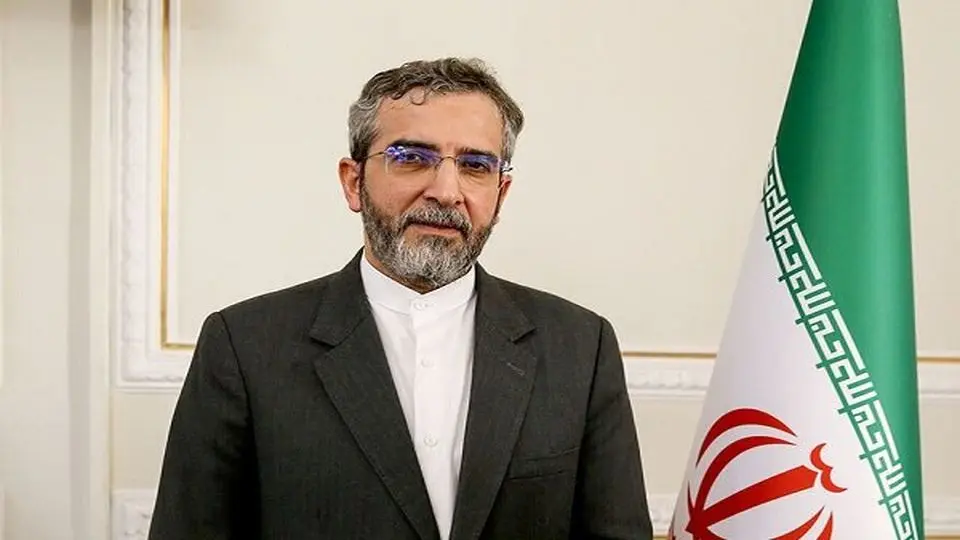
MEHR: Iranian Deputy Foreign Minister, who is currently in Warsaw for political negotiations with Polish officials, stressed that the neighborly policy of the Islamic Republic of Iran paves the way for stability in the region.
During a meeting with resident foreign ambassadors and diplomats in Poland, Ali Bagheri highlighted the effectiveness of Iran's strategic neighborly policy, stating that it enhances bilateral political relations with neighboring countries.
He listed the essential elements of Iran's strategic neighborly policy as follows: "mutual political trust," "reliance on regional capacities to address issues," "utilization of cross-regional potentials for development and progress," and ultimately, "enhancement of economic ties," adding that institutionalizing economic cooperation and promoting investment and trade development among regional countries are among the most significant elements of such a policy.
Regarding the revival of relations between Iran and Saudi Arabia, the Iranian diplomat stated that the strategic initiative taken by Tehran and Riyadh demonstrates that regional countries possess the necessary political maturity to solve internal issues within the region.
Bagheri also mentioned the positive response from all political actors to the Iran-Saudi agreement, except for the Zionist regime of Israel, which could not hide its concern and distress, as its nature is built on tension and instability, making it the sole factor of insecurity and turmoil in the region.
In response to a question from one of the ambassadors about NATO's role in the region, Bagheri stated that NATO's presence in Afghanistan has proven that it not only fails to establish security but also acts as a promoter of insecurity.
He added that the consequence of twenty years of NATO's presence in Afghanistan was a 45-fold increase in drug production in that country.
During the gathering, attended by ambassadors and diplomats from Asia and Europe, several ambassadors also expressed their opinions.

